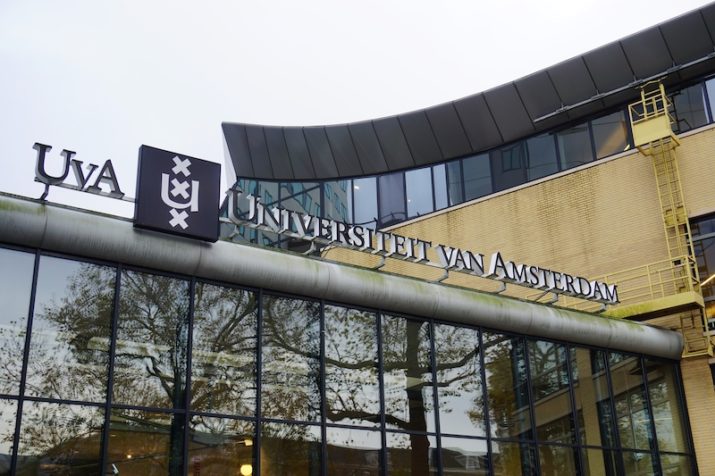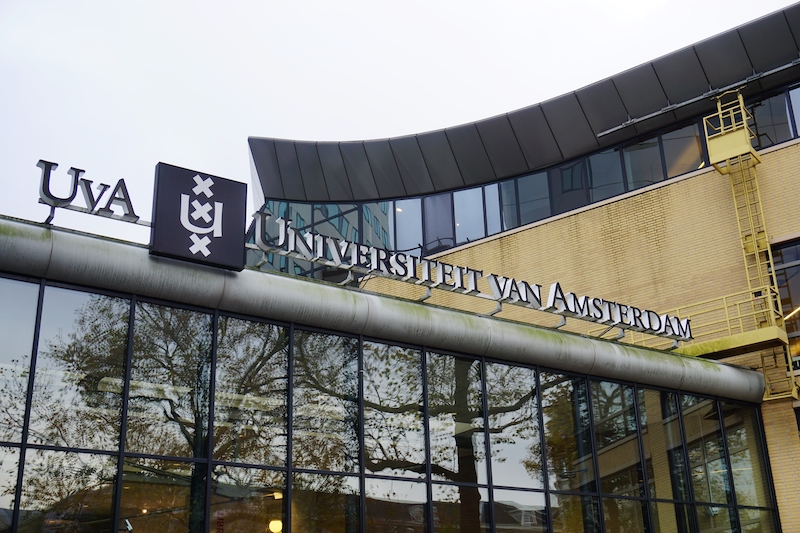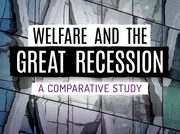
European Studies at the University of Amsterdam: Lectures in English, Seminars in English or Dutch

This is part of our campus spotlight on the University of Amsterdam.
European Studies at the University of Amsterdam (UvA) is not a typical European Studies program. Most European Studies programs are either strongly rooted in the humanities, or are exclusively focused on the EU and contemporary affairs. European Studies at the UvA has existed for well over thirty years now, and has gradually shifted from a very cultural and historical paradigm to an ambitious interdisciplinary collaboration between humanities, law, economics, and the social sciences. It offers students a diversity of skills and knowledge that a professional career in European affairs requires.
In 2015, the European Studies team radically opened up once more. Although we always attracted small groups of foreign students, not least because of our offerings in foreign languages, we decided to teach the program in English as well. Since we are at a university with global ambitions, but also one that strongly values connections to local context, we became a bilingual program. We now teach our lectures in English and offer seminars in both Dutch and English. Although this seemed to be a natural and logical next step for a program built on transnationalism, this decision immediately and dramatically changed the subjects we teach and how we teach them. This new approach to teaching forces us to cross boundaries, culturally and disciplinarily, and to rethink how we present and research Europe’s past, future, and its connection to its neighbors.
Broadening the audience implies rethinking our course offerings. One of the essential courses in the first-year program of our bachelor degree is “European integration.” The course is built on historical and institutional fundamentals and then invites students to engage in discussions about current European affairs. The variety of national perspectives and disciplinary preferences that came with our new student population requires a more open classroom discussion. That is where expectations, disappointment, and current developments meet with critical analysis. We decided to enforce the research dimension of the course, teaching students to work with original source material, and to use theoretical perspectives as early as possible. On a more practical level the change entailed selecting new course material, which in our case meant rewriting and translating our own text book—The Unfinished History of European Integration, by Wim van Meurs, Robin de Bruin, Liesbeth van de Grift, Carla Hoetink, Karin van Leeuwen, and Carlos Reijnen (Amsterdam University Press 2018). The interdisciplinary outlook and the research perspective have become the backbone of the course text book on European integration history.
Carlos Reijnen is Associate Professor of East European Studies and European Studies, as well as Director of the Graduate School of the Humanities at the University of Amsterdam. He lectures on International Relations and European integration. His research focuses on East-West relations in Europe and the EU. His publications include an edited volume (with Marleen Renssen) entitled European Encounters: Intellectual Exchange and the Rethinking of Europe 1914-1945 (Amsterdam: Rodopi, 2014). He is co-author of a textbook on European integration history (with Wim van Meurs et al.) entitled The Unfinished History of European Integration (Amsterdam: Amsterdam University Press, 2018).




